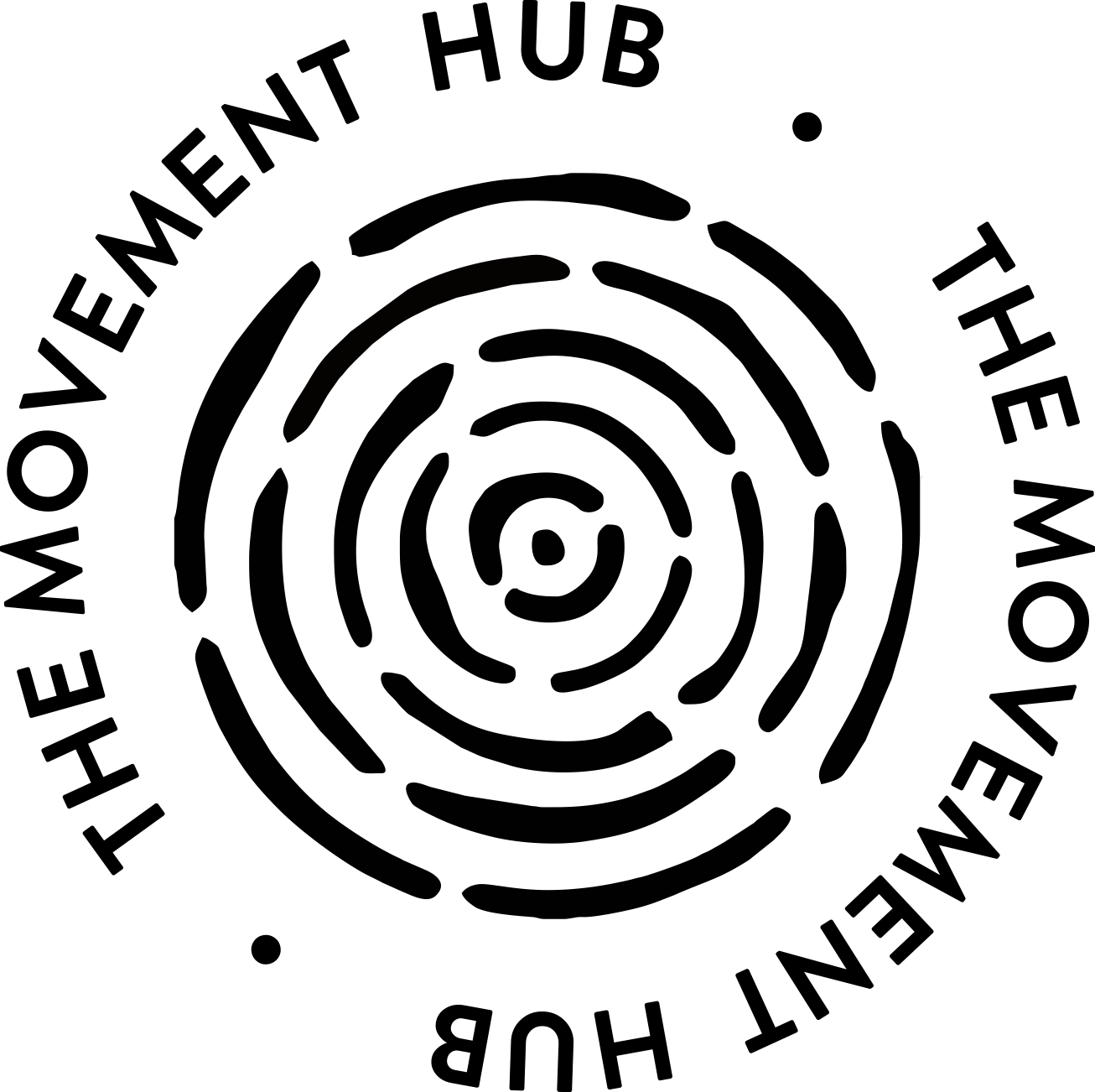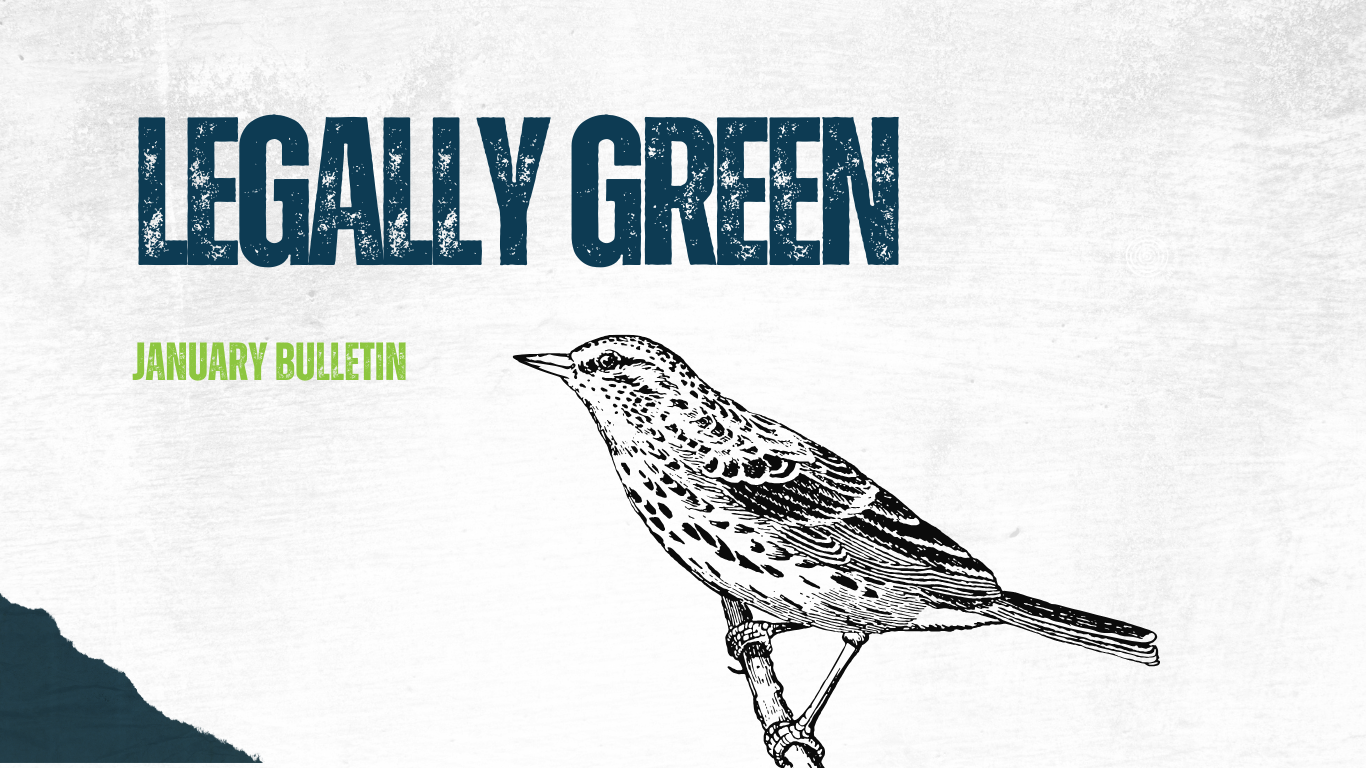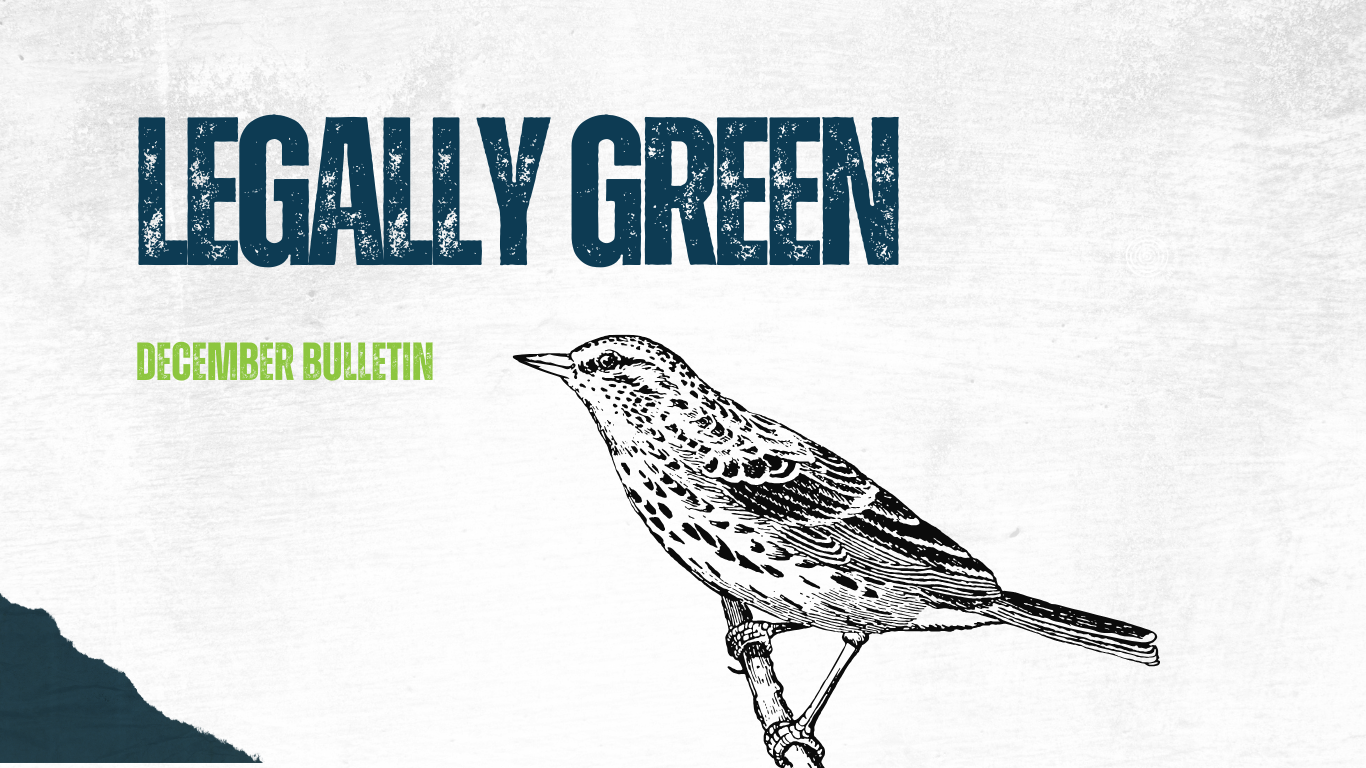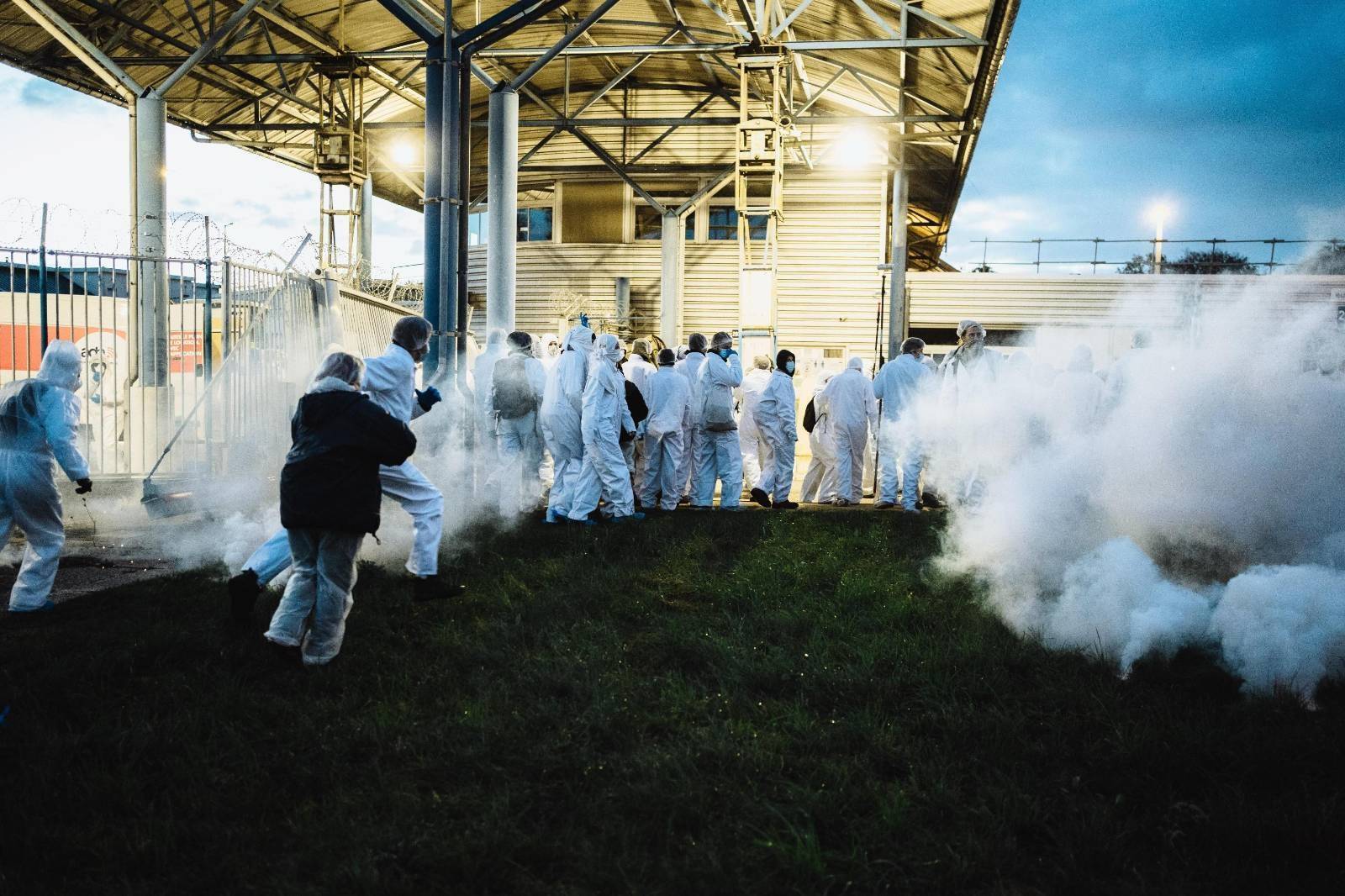From the 7th-10th of August, over 7000 activists descended upon the fields of Normandy, France in what I can only describe as a mix between a mass skillshare, networking event and festival. “Les Résistances 2025” was co-organized by Terres de Luttes, the Collectif 924 and volunteers from Normandy and elsewhere.
There are many lessons learned from the French movement’s experiences that we from The Movement Hub think are key for the broader movement. Truly digesting these will take time but here are a few of our first impressions we think might be relevant for activists like you.
From the 7th-10th of August, over 7000 activists descended upon the fields of Normandy, France in what I can only describe as a mix between a mass skillshare, networking event and festival. “Les Résistances 2025” was co-organized by Terres de Luttes, the Collectif 924 and volunteers from Normandy and elsewhere.
There are many lessons learned from the French movement’s experiences that we from The Movement Hub think are key for the broader movement. Truly digesting these will take time but here are a few of our first impressions we think might be relevant for activists like you.
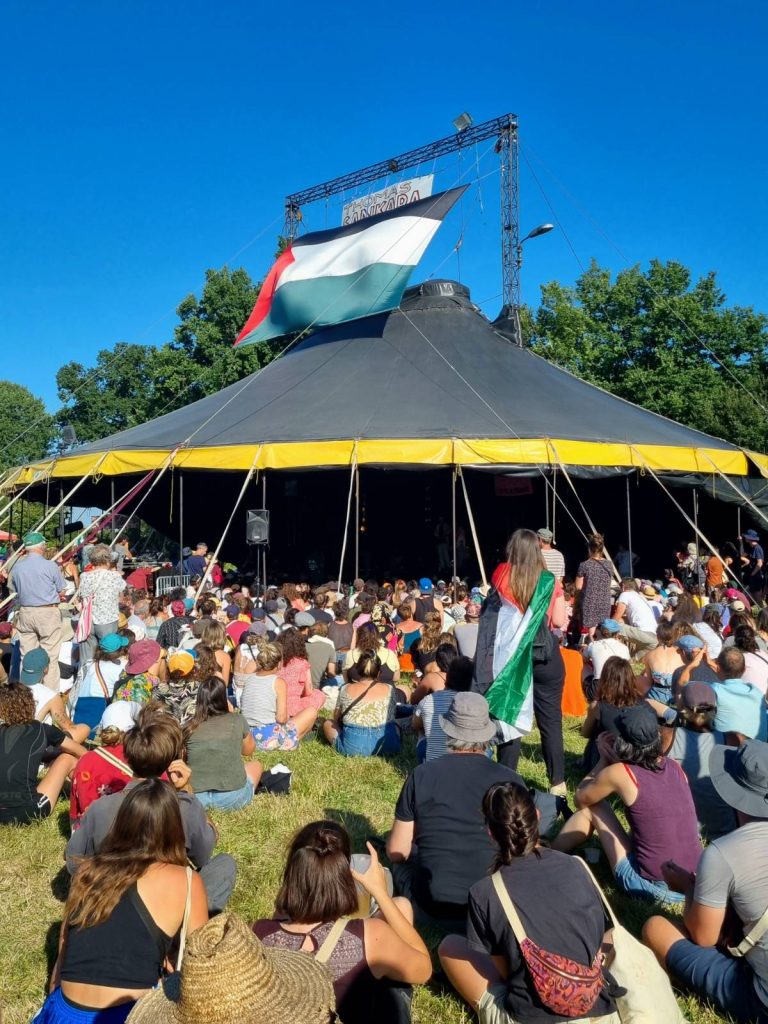
🌍Act Local think Global
More than just a buzzword phrase the French movements have, through a lot of hard work, found ways to organise locally but maintain a story that includes national and global perspectives of justice. They try to avoid the NIMBY isolationist attitude and connect the local issue they are facing to radical demands for local and global justice. Then, through extensive coalitions and organising, local fights can be supported by mass mobilisations as part of a wider national campaign strategy. France is also one of the few places in Europe where we see farmers play a central role in the local environmental struggles and joining radical actions.
✊We are all anti-fascists now
There is no way to avoid it anymore. The environmental and climate struggles are interlinked with the fight against the rising political influence of the far right, and the violence and repression that follows. Whether we like it or not, we are in a struggle where our environmental and social justice movements have been labelled the enemy of the far right, white supremacists, nationalists and toxic masculinity. In order to win, our movements need to provide a positive vision of society and the future, build on our values and radical solidarity. A vision that is fundamentally different from what the far-right offers.
🤝Radical internationalism is messy but necessary
Organising, collaborating and learning across borders and across movements is hard, but very important. work. It requires us to overcome language barriers, different traditions of organizing, and our own internalized oppressive structures. However, not only are our opponents already collaborating, but there are also so many striking similarities in the challenges we face that we do not have to reinvent the wheel every time. From similar trends with new laws to repress protest, identical PR tactics from extractivists multinational industries, to the challenges of working with frontline communities, or the racism that enables European extractivism and wealth – our collective knowledge in how to fight back is massive!
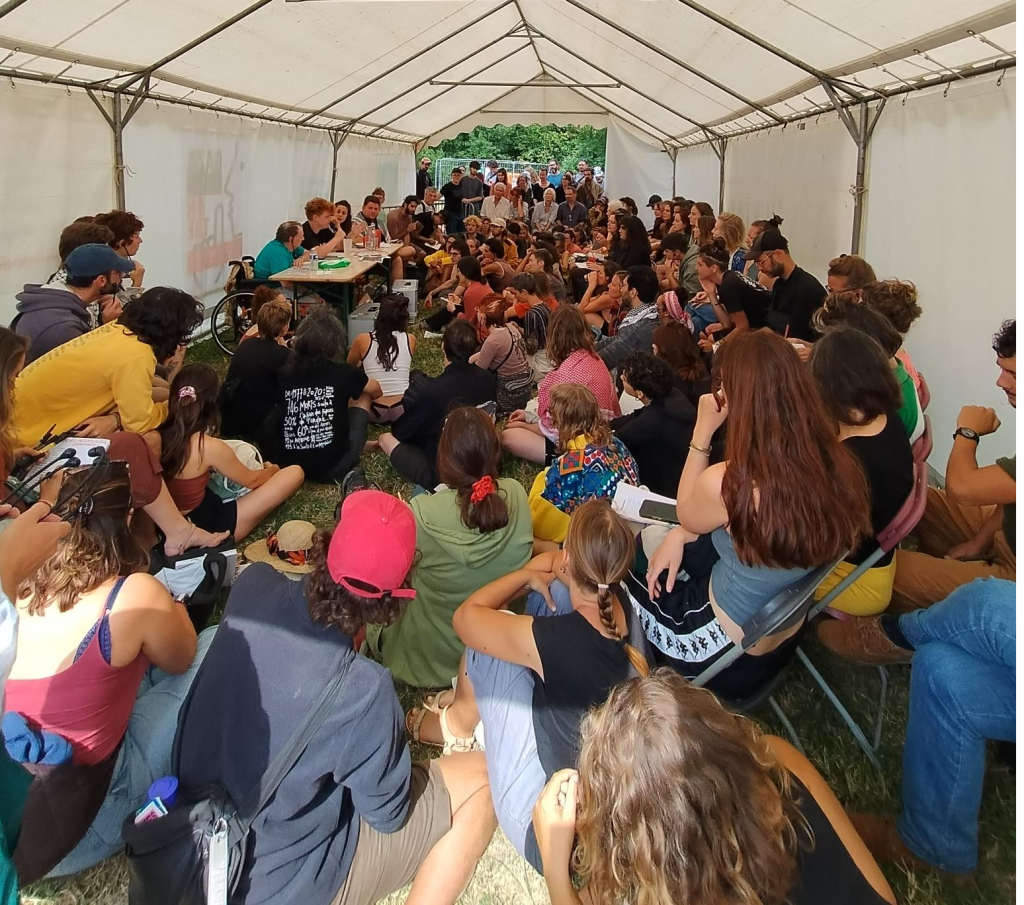
Interpretation is a huge power!
Once again, the French grassroots have embraced internationalism and provided an opportunity for hundreds of international activists from across Europe, and some who travelled even further from the so called Americas, Japan and Gaza to share their knowledge and learn from the French movement. To make this happen,The Movement Hub – in collaboration with the Polyglotta collective – has in the last year been running movement interpreting workshops and we were delighted to see more than 60 volunteer interpreters provided live translation for large parts of the program and helped build a welcoming site, proving the vital need of interpreters for us to build strong international networks and coalitions.
Our contribution was centered around 3 international panel discussions opening conversations in areas we are exploring and believe to be key in the coming years in the environmental justice movement in europe:
- ⛈️Extreme Weather Events – Taking Back Power and Building Disaster Resilient Communities: Showcasing examples across Europe of how local groups can organize around extreme weather working with frontline communities.
- 🧑⚖️Facing the Law – Lessons from International Organizers Active in the Fight Against Repression – anti-repression organisers from the UK, Germany, Denmark, France and the US discussing similarities and differences in the type of repression activists are facing across borders as well unpacking tools, tactics and success stories of anti-repression.
- 🧐Prospects for Organizing Against the Far Right Across Europe: Which in the end went far beyond Europe with a speaker from the U.S sharing the story of the struggle against COP city and the current movement against ICE deportations, as well as experiences from Europe in digital organizing, creating narrative change and community self-defence.
Curious to hear your thoughts and ideas on these takeaways, are there other international spaces we should explore and contribute to? Please let us know by email to [email protected]
Check out our calendar of upcoming events for other international spaces to join – if you see something missing please let us know by email as well!
